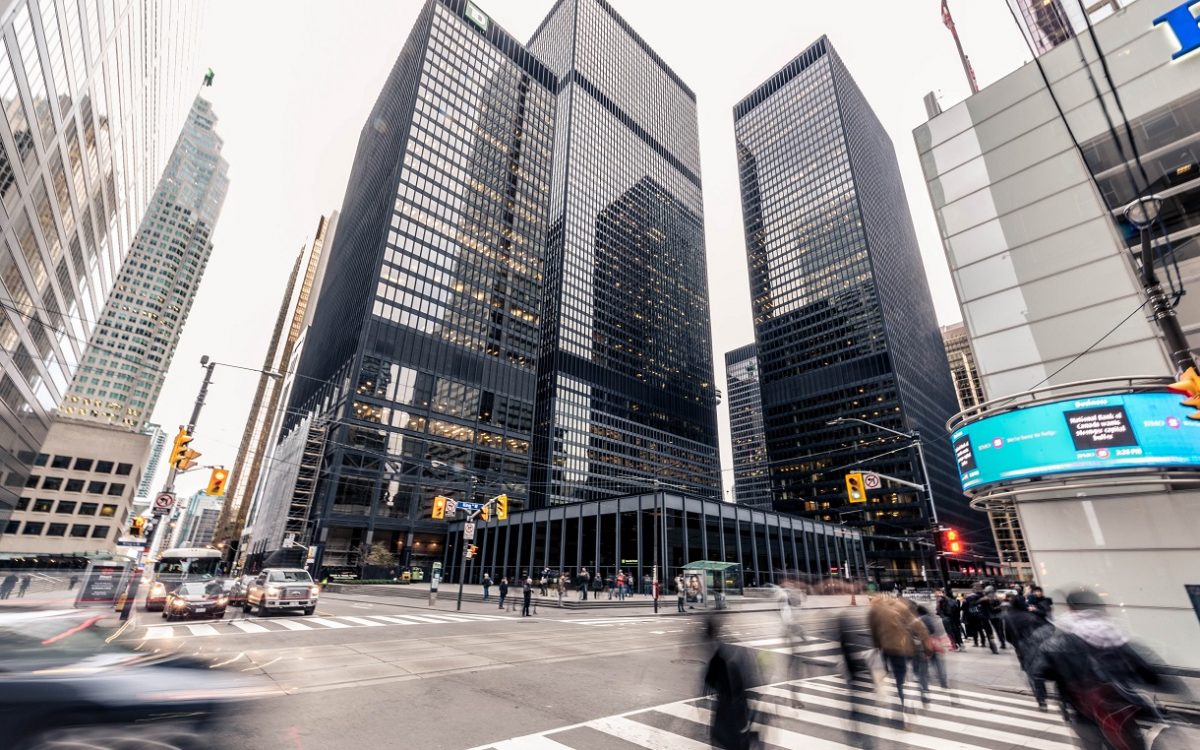The claimant disputed his entitlement to attendant care benefits, housekeeping expenses, and two chair lifts. He also disputed the weekly quantum of IRBs he was entitled to receive. The claimant also sought a special award. The insurer argued that the accident was not the cause of the claimant’s impairments, and that they all pre-existed the accident from six earlier motor vehicle accidents. The insurer also argued that the claimant made material misrepresentations in relation to his claim for housekeeping expenses. Adjudicator Lake found that the accident was a necessary cause that exacerbated the claimant’s pre-existing psychological and cognitive conditions, but did not cause the claimant any new physical impairments or exacerbate his previous physical conditions. Adjudicator Lake declined to award ACBs because the claimant failed to prove that any expenses were incurred. The claimant failed to call his alleged service provider to give evidence and could not prove that the service provider was a professional acting in the course of his employment or self-employment. Adjudicator Lake also wrote that she would have declined to award ACBs due to the claimant’s failure to prove the service actually provided to him. There were no time dockets, daily logs, job diaries, or any information about the dates and times services were performed. Regarding HK expenses, Adjudicator Lake held that the claimant failed to prove that he suffered a substantial inability to complete his home maintenance and housekeeping tasks as a result of the accident. Regarding IRBs, Adjudicator Lake held that the claimant was entitled to $711.15 per week in IRBs during 2018 and $1,000 per week from January 2019 onwards. The claimant was self-employed as a lawyer at the time of the accident, and was a partner at a law firm prior to that. The last full fiscal year worked by the claimant at the law firm was 2016. The claimant did not complete a fiscal year at either his own law firm or as a partner at a law firm in 2017. Adjudicator Lake rejected the insurer’s position that consideration of self-employment income was restricted to a business being operated at the time of the accident. The claimant continued to practice law after the accident, so the insurer was entitled to deduct post-accident earnings in accordance with the SABS. No evidence was provided of the claimant’s income from 2019 onwards. Adjudicator Lake declined to grant a special award, as the only benefit found payable was IRBs, and the interpretation of the SABS that led to the dispute was not excessive, imprudent, or stubborn. Finally, Adjudicator Lake rejected the insurer’s position that the claimant made material misrepresentations in relation to the claim for HK expenses. She agreed that the housekeeper’s testimony called into question evidence given by the claimant regarding creation of invoices, the discrepancy was not a “material fact” with respect to the application for HK expenses; the discrepancy related to the author of the invoices rather than the content.









